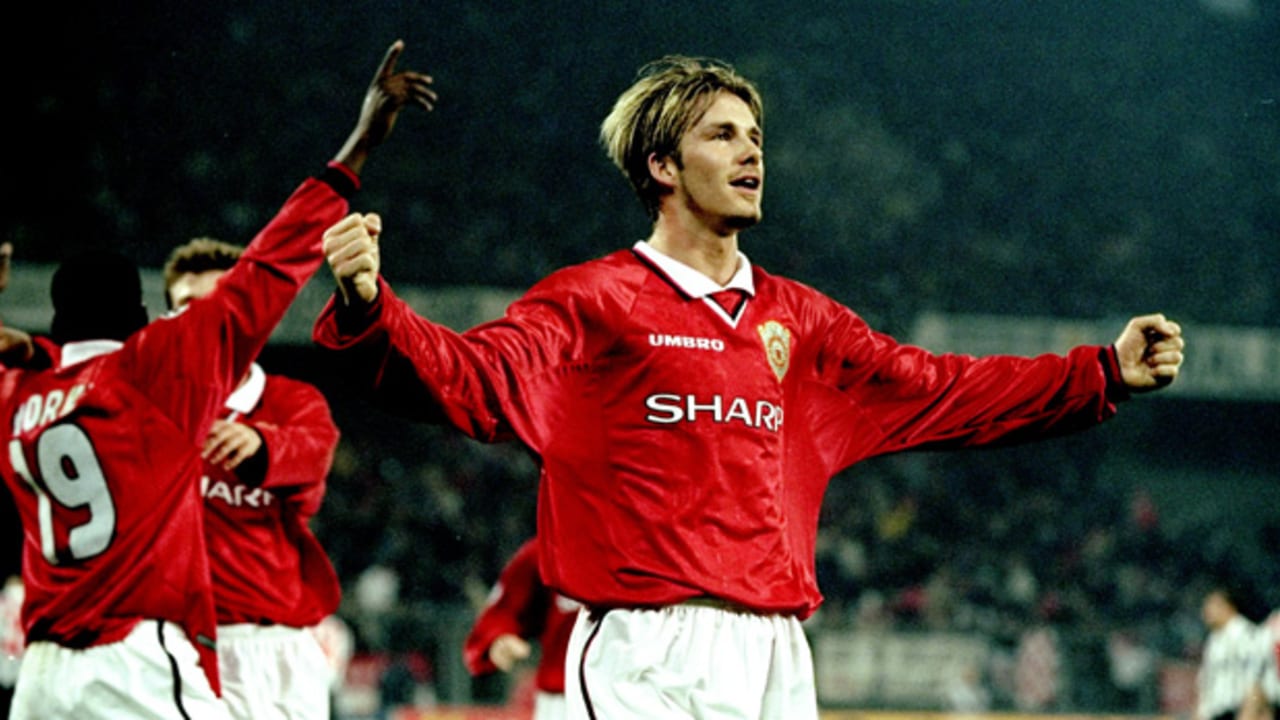For nearly two decades, the story of Manchester United’s ownership has been a saga of debt, protests, and a relentless pursuit of success. The Glazer family’s controversial reign has finally concluded, marking a new chapter for one of the world’s most iconic football clubs. This timeline breaks down the pivotal moments from the takeover to the transformative new era under Sir Jim Ratcliffe and INEOS.
1. The Takeover: A Debt-Laden Beginning (2005) 💰⬇️
The Glazer family, led by Malcolm Glazer, completed a hostile £790 million takeover in May 2005. The deal was heavily leveraged, loading the club with massive debt. Almost immediately, the financial structure drew intense criticism from fans, who feared the debt would hinder the club’s ability to compete.
Protests began almost instantly. Supporters formed the Glazers Out movement, and green-and-gold scarves—a nod to the club’s historic colors—became a symbol of resistance at Old Trafford. Despite early success on the pitch under Sir Alex Ferguson, the financial model remained a point of contention.
2. The IPO & Financial Shifts (2012) 📊🏛️
In August 2012, the Glazers took the club public on the New York Stock Exchange, raising over $200 million. However, this move did little to alleviate the club’s debt, which still stood at over £400 million.
The IPO was seen by many as a way for the Glazers to profit without reducing the financial burden on the club. Critics argued that the ownership prioritized financial engineering over sporting success, even as the team continued to compete at the highest level.
3. The Post-Ferguson Era & Decline (2013-2021) 📉😔
The retirement of Sir Alex Ferguson in 2013 marked the beginning of a dramatic decline. Without his leadership, the club struggled to maintain its dominance, cycling through managers and failing to win a Premier League title.
Fans intensified their protests, blaming the Glazers for a lack of investment in the squad and infrastructure. The #GlazersOut movement gained global traction, with protests even affecting match schedules.
4. The European Super League Backlash (2021) ⚠️👎
In April 2021, the Glazers signed Manchester United up for the breakaway European Super League. The move sparked universal condemnation from fans, players, and governments.
Within 48 hours, the project collapsed due to the overwhelming backlash. For many, this was the final straw, and protests reached an all-time high, increasing pressure on the owners to sell.
5. The Sale Process Begins (2022-2023) 🤝📈
In November 2022, the Glazers announced they were exploring “strategic alternatives,” including a full sale. Two main bidders emerged: Qatari billionaire Sheikh Jassim and British billionaire Sir Jim Ratcliffe.
Months of speculation and delays followed, frustrating fans and highlighting the chaotic nature of the process. Ultimately, Sheikh Jassim withdrew his bid, leaving Ratcliffe as the frontrunner.
6. The INEOS Era Begins (2023-2024) 🎉🔴
In December 2023, Sir Jim Ratcliffe’s INEOS group acquired a 25% stake in the club for approximately £1.3 billion, with a commitment to take control of football operations. The deal was officially ratified in February 2024.
Ratcliffe’s vision includes revitalizing the club’s structure, investing in Old Trafford, and restoring a culture of excellence. For the first time in years, there is tangible optimism among the fanbase.
7. The Future Under INEOS (2024 and Beyond) 🚀🏆
Sir Jim Ratcliffe and INEOS have already begun making changes, including appointing a new CEO and planning a major stadium redevelopment. The focus is on long-term growth, both on and off the pitch.
While the Glazers remain minority shareholders, the influence of INEOS signals a new direction—one that fans hope will return Manchester United to its former glory.
Final Thoughts: A New Dawn at Old Trafford 🌅✨
The Glazer era was defined by financial controversy and fan unrest, but it has finally come to an end. With Sir Jim Ratcliffe and INEOS now steering the football operations, there is renewed hope for a brighter future.
The lessons of the past must guide the decisions of tomorrow. If the new ownership can blend ambition with authenticity, Manchester United may once again become the standard-bearer for excellence in world football.



